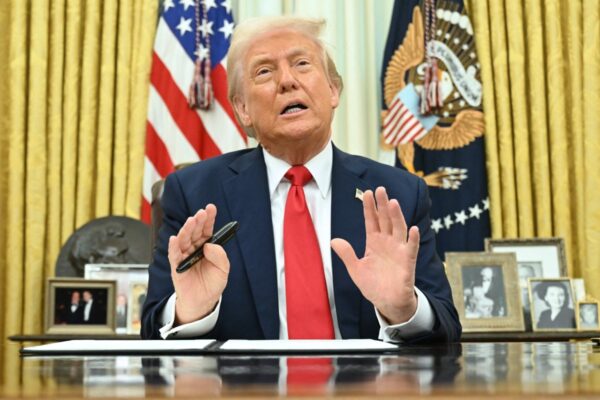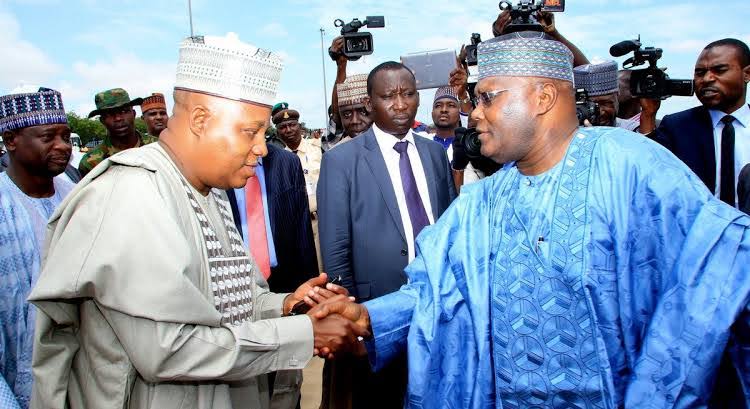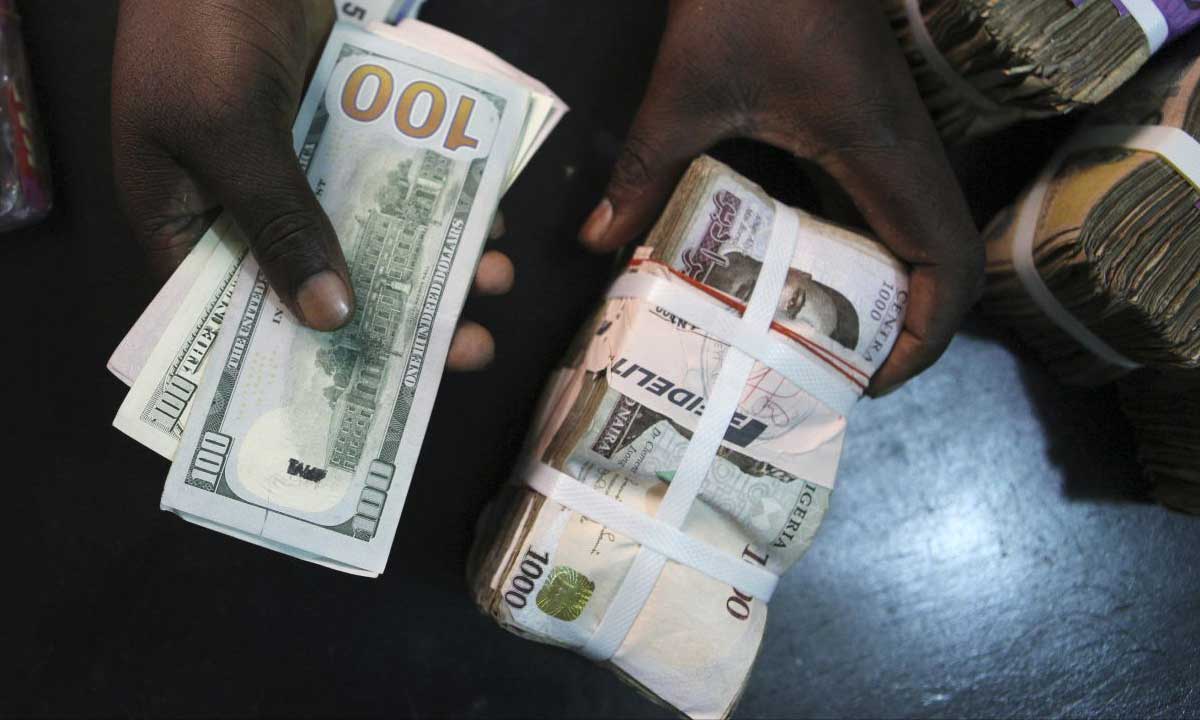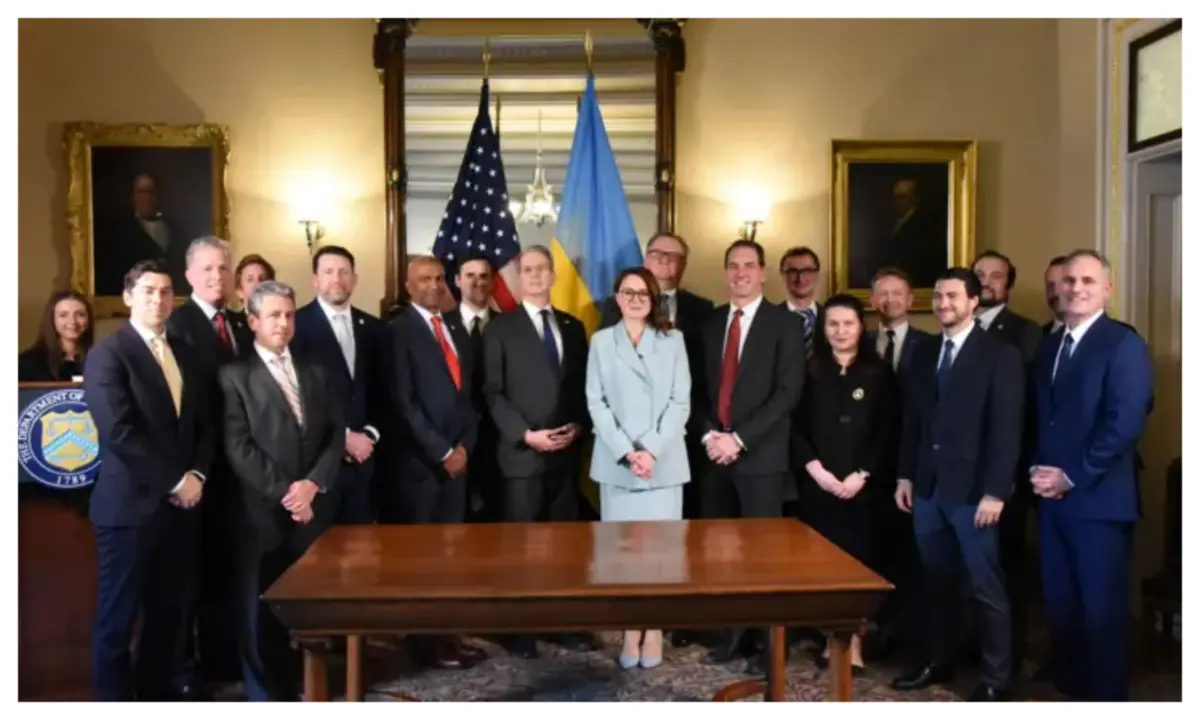
President Donald Trump has signed a new proclamation barring citizens from 12 countries from entering the United States, citing national security concerns.
The full travel ban affects nationals from Afghanistan, Myanmar, Chad, Congo, Equatorial Guinea, Eritrea, Haiti, Iran, Libya, Somalia, Sudan, and Yemen.
The restriction will take effect on June 9, 2025.
In addition to the full bans, the proclamation imposes partial restrictions on citizens of Burundi, Cuba, Laos, Sierra Leone, Togo, Turkmenistan, and Venezuela.
There are some exemptions, including athletes travelling for major sporting events, some Afghan nationals and dual nationals with citizenship in unaffected countries, according to the BBC.
Trump stated that the measure is intended to prevent individuals considered potential security risks from gaining entry into the US.
“We cannot have open migration from any country where we cannot safely and reliably vet and screen,” he said in a video message posted on X on Wednesday.
According to the White House, the countries facing the harshest restrictions were deemed to have a “large-scale presence of terrorists,” poor cooperation on visa-related security measures, and inadequate systems for verifying travelers’ identities.
The administration also cited issues such as poor record-keeping of criminal histories and high visa overstay rates as contributing factors.
The new directive builds on Trump’s broader immigration crackdown initiated at the beginning of his second term.
On January 20, the president signed an executive order mandating stricter security checks for foreign nationals and instructing federal agencies to review which countries should face entry suspensions due to inadequate vetting procedures.
This move echoes Trump’s controversial travel ban during his first term, which initially targeted seven predominantly Muslim countries and was upheld by the US Supreme Court in 2018.
The ban was later repealed by President Joe Biden in 2021, who described it as “a stain on our national conscience.”








